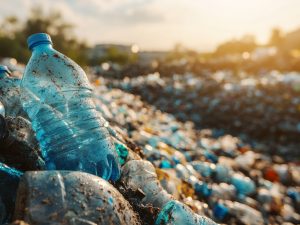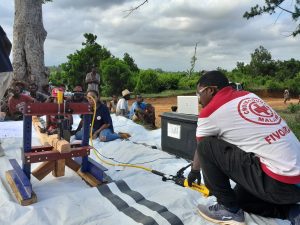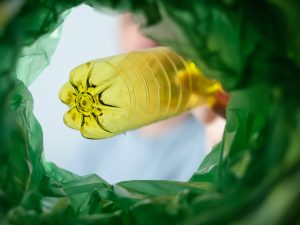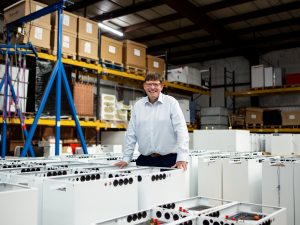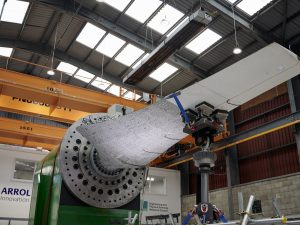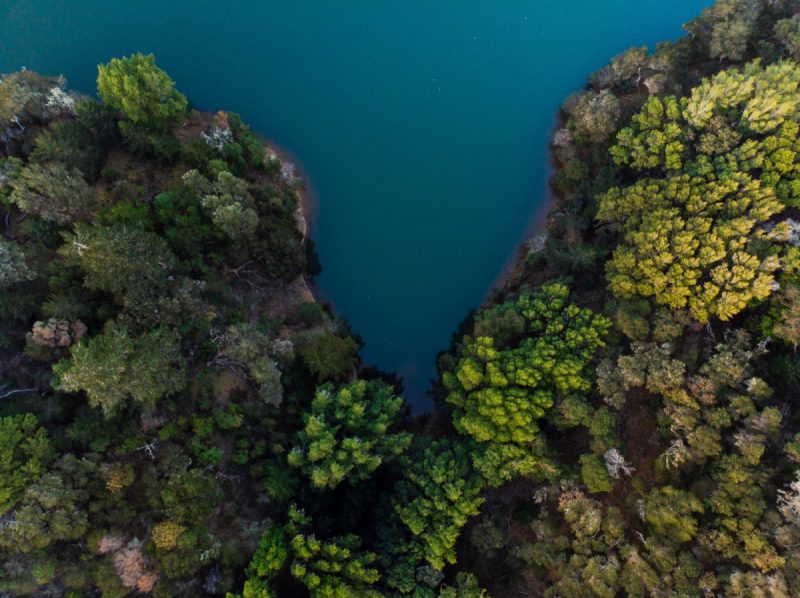
The University of Edinburgh is delivering ambitious solutions to understand, effectively manage and mitigate the effects of climate change.
We integrate pioneering research to restore and protect biodiversity, eliminate natural resource depletion and waste, and to deliver a thriving, regenerative circular economy that benefits people and the planet.
Partner with us to find innovative solutions through short-term consultancy to multi-year collaborative research projects, while accessing world leading knowledge, expertise and state-of-the-art facilities.
We support academics, students, and industry partners to drive innovation in response to the climate crisis and related environmental sustainability challenges.
We harness the University’s research expertise to help partners understand climate change, and to adapt to and mitigate its effects. We integrate pioneering research to restore and protect biodiversity, eliminate natural resource depletion and waste, and to deliver a thriving, regenerative economy that benefits people and the planet.
With cross-boundary working being essential to develop and deploy solutions at scale, we have a strong focus on facilitating interdisciplinary innovation across science, engineering, the arts and humanities that combine scientific and technological breakthroughs with understanding of the societal context for their adoption.
For example, we bring our data, digital technology, and AI research capability together with knowledge of sustainability challenges and to enable the transition to a net zero, circular economy.
Specific climate and environmental challenges we seek to address include:
The impact of the University’s innovation activities is reflected in our positioning as joint 1st in the world for UN's Sustainable Development Goal 9 ‘Industry, Innovation, and Infrastructure’ in the 2024 Times Higher Education Impact Rankings.

Our academic colleagues work with external partners to translate cutting-edge research into real world impact across areas such as carbon capture and storage, biotechnology, renewable energy technology, and climate finance. For example, researchers drawing on engineering biology and green chemistry have developed a method of transforming waste textiles from sails into sustainable industrial chemicals in the food sector.
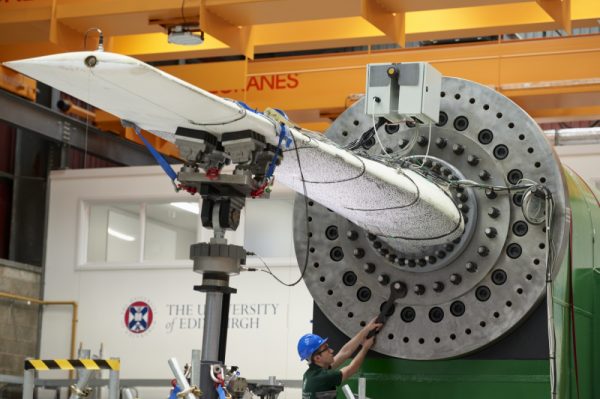
We house facilities to support innovation on climate and environmental sustainability challenges, including laboratories, technology testing facilities, and supercomputers. For example, FastBlade, which is a partnership between the University and Babcock International, opened in 2022 as the world’s first rapid testing facility for tidal turbine blades. The pioneering facility, based at Rosyth in Fife, stress tests blades made from composite materials more quickly, and using significantly less energy than any other facility of its kind, thus helping to maintain Scotland’s position at the forefront of tidal energy innovation.
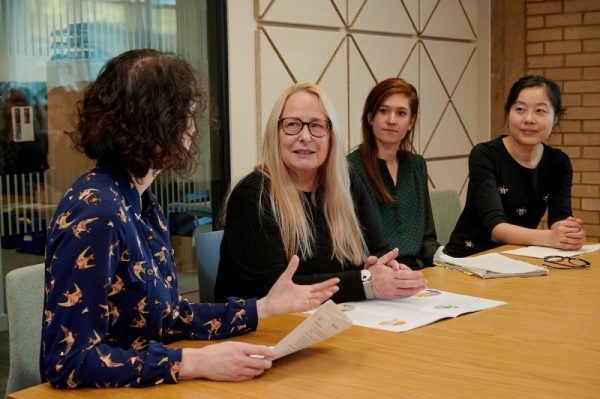
We recognise the power of partnership working with organisations who share our ambition to drive positive, long-lasting change on climate and environmental sustainability challenges through collaboration. The Centre for Investing Innovation is good example of a strategic partnership between the University and global asset management company arbdn, with the purpose of addressing critical societal challenges facing the investment and asset management sector.

We support the creation of staff and student startups and spinouts that help to address environmental and social sustainability challenges. For example, Edinburgh based biotechnology startup MiAlgae, which aims to eliminate unsustainable use of fish-based omega 3 as an industrial input, began life as a student startup. Meanwhile, staff spinout Carbogenics is a carbon upcycling company that produces sustainable carbon adsorbents from hard-to-recycle organic waste.
Collaborate and harness our research expertise: sustainability@ei.ed.ac.uk
Discover our successes. Building on our world leading research, Edinburgh Innovations continues to facilitate targeted solutions to combat this global crisis.


